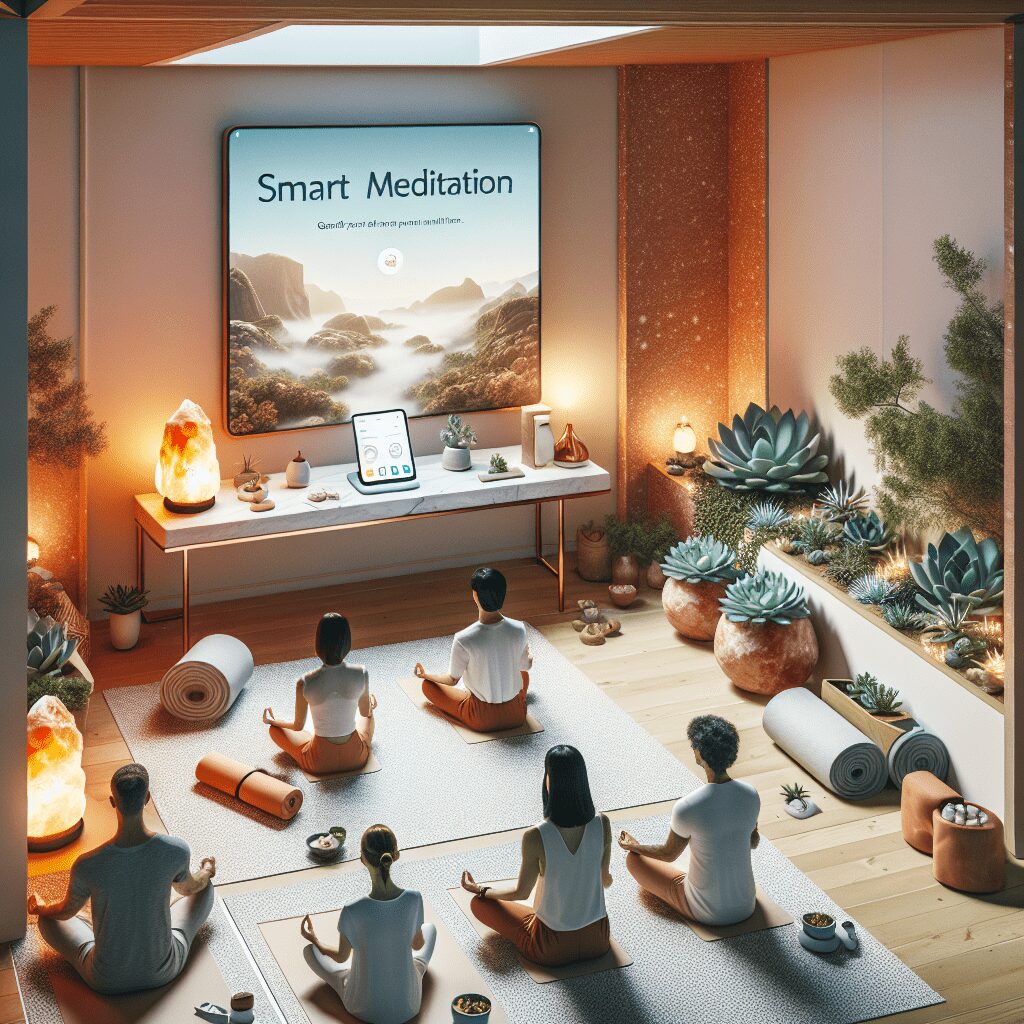
Prioritize your mental well-being daily. Enhance your life by nurturing your mental health with the Smart Meditation app. Break free from stress, alleviate anxiety, and enhance your sleep quality starting today.
Can Anxiety Make You Feel Light Headed?
Unraveling the Mystery: Can Anxiety Trigger Lightheadedness?
In the whirlwind of modern life, anxiety is no rare bird; it flutters and flaps through many of our days, often leaving a trail of puzzling symptoms in its wake. Among these, lightheadedness frequently emerges as a perplexing companion, leading many to wonder, “Can anxiety really make you feel light-headed?” To get to the bottom of this, let’s delve into the intricacies of anxiety and its fascinating relationship with our sense of equilibrium.
Understanding Anxiety’s Grip on the Body
First things first, let’s get a grip on what we’re dealing with here. Anxiety isn’t just a fleeting sense of unease; it’s your body’s natural response to stress. It’s like an internal alarm system, going off when you perceive a threat, real or imagined. This system, while lifesaving in the face of real danger, can often go into overdrive, leading to a multitude of symptoms, from sweating palms to a racing heart. And yes, feeling as if you’re riding a not-so-fun merry-go-round of lightheadedness is indeed part of the package for some.
Why the Dizzy Spells?
Now, you might be scratching your head, pondering how a state of mind can have such a tangible effect on your physical well-being. Well, it’s all thanks to a riveting performance by your nervous system and its sidekicks, the hormones. When anxiety kicks in, it’s showtime for adrenaline and cortisol, the stars of the stress response. These hormones ramp up your heart rate and breathing, priming your body to face the perceived threat. However, this can also lead to a sudden drop in blood pressure, which, drumroll please, can make you feel as if you’re about to float away, adding lightheadedness to the mix.
Moreover, anxiety often leads to hyperventilation – taking rapid, shallow breaths. This over-oxygenation can throw off the balance of oxygen and carbon dioxide in your body, leading to – you guessed it – feeling light-headed. It’s a complex dance of physiological and psychological factors, revealing just how intertwined our mental and physical health can be.
Tips to Keep Your Feet Firmly on the Ground
If anxiety’s invitation to a dizzy dance is one you’d rather decline, fear not; there are ways to keep your balance. Here are a few steps to consider:
-
Mindfulness and Relaxation Techniques: Engaging in mindfulness practices can help calm the stormy seas of anxiety. Techniques like deep breathing, meditation, or even yoga can help regulate your breathing and heart rate, easing both anxiety and its dizzying side effects.
-
Healthy Lifestyle Choices: Regular exercise, a well-balanced diet, and sufficient sleep can bolster your body’s resilience against anxiety. Plus, cutting back on caffeine and alcohol might also help keep lightheadedness at bay.
-
Seek Professional Guidance: Sometimes, the best course of action is to chart a course with a professional. Cognitive-behavioral therapy (CBT) and other therapeutic approaches can effectively address anxiety, potentially reducing its physical symptoms.
In conclusion, the tangled web of anxiety and lightheadedness is a testament to the intricate connection between mind and body. By understanding this link, we arm ourselves with the knowledge needed to navigate these dizzy spells and emerge grounded and ready to face whatever comes our way. Ready to tackle anxiety’s labyrinth with newfound clarity? Remember, when it comes to managing anxiety and its myriad symptoms, you’re more in control than you think.





